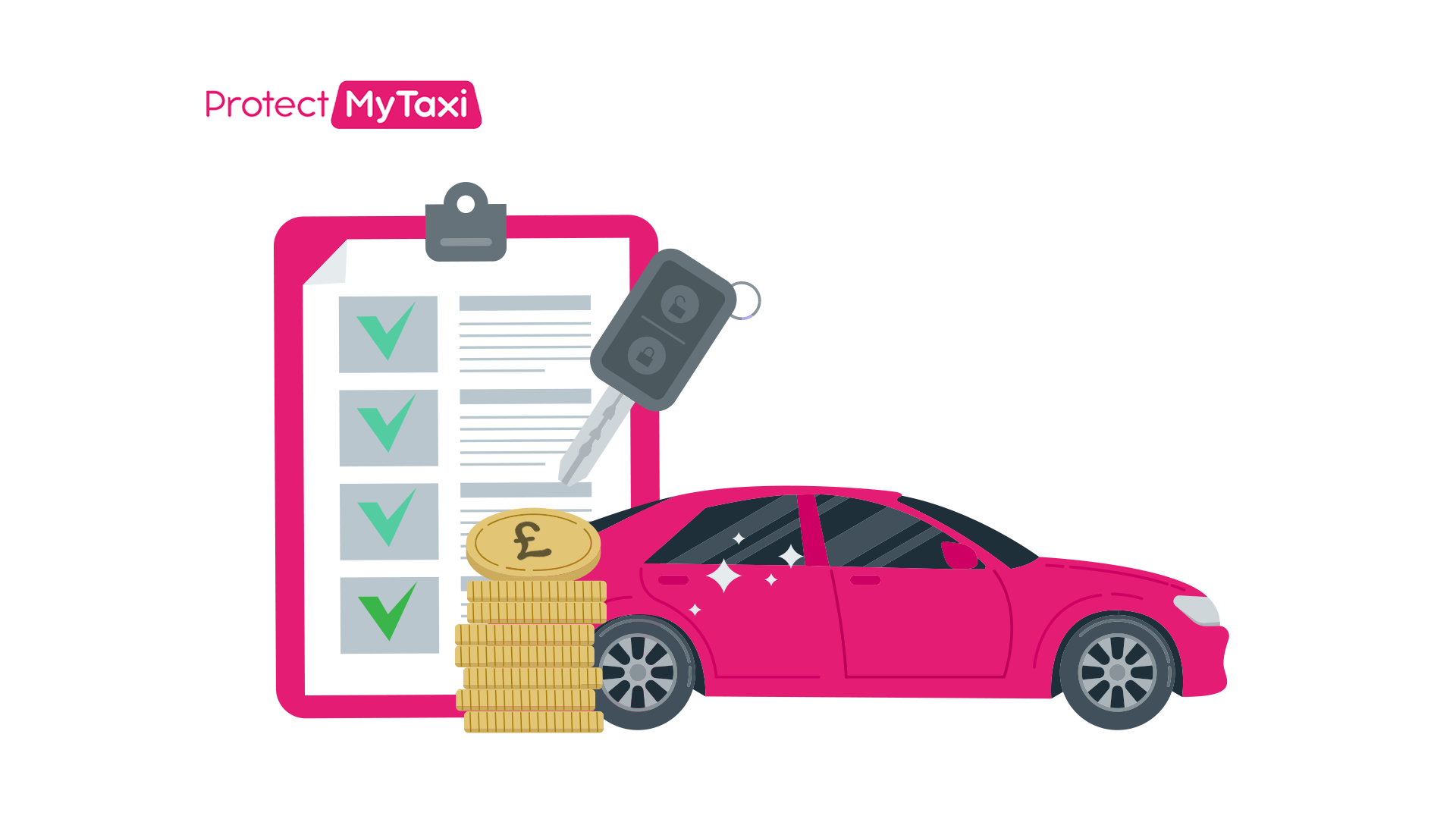The cost of private hire insurance is a legal requirement for taxi drivers in the UK. The transportation of passengers being paid is not covered by standard car insurance. As consumer demand for cabs rises above levels before the pandemic (and some are starting as beginners), more experienced drivers are returning to the workforce. However, they must obtain private hire Taxi Insurance to operate a vehicle.
The cost of private hire insurance is a frequently asked question by drivers. The following is all you need to know:
What Factors Into How Much Will Be the Cost of Private Hire Insurance?
Several factors are taken into consideration by insurers when calculating the cost of PH taxi fleet insurance. These “factors” consist of the following:
- Your history of driving and age
- Your choice of vehicle for public health work
- Past complaints and mishaps
- Using your no-claims incentive
- The place where the car is stored when not in use
Driving Expenses Up? Brace Yourself for the Rise in Private Hire Insurance Costs
Generally speaking, your private hire insurance cost in the UK rises as your car gets more expensive and powerful. The price increases when you have too many claims and penalty points on your license. Younger drivers typically incur higher costs. No NCD requires paying the entire premium amount.
The price can be decreased, though, if you take specific actions. By using a slow-moving, inexpensive vehicle, you can reduce expenses. Maintain a license that has no points. To protect your discount in an accident, purchase NCD insurance. Although they can’t do much about their age, young drivers can eventually lower their insurance costs if they drive safely.
For Example, if You Deliver Fast Food, Your Insurance Expenses May Vary.
Insurance costs for fast food delivery drivers may differ from private hire insurance depending on how much you intend to spend and the insurance type you decide on based on your preferences and anticipated usage.
Your Choice of Insurance Coverage Will Impact the Cost.
Third Party, Fire & Theft, and Fully Comprehensive are the two primary best private hire insurance UK varieties.
Third-Party, Fire, and Theft
Third-party, fire & theft insurance protects other people if the taxi driver is at fault for an accident.
Their property and cars will be repaired or replaced, and the insurance will cover their legal responsibility for any injuries they sustain. Except in cases of theft or unintentional fire damage, it does not protect the taxi driver’s car or personal belongings.
Completely Comprehensive
It protects the other parties and the driver if the taxi driver is at fault for an accident. In addition to broken windscreens and theft of electronics used for communication, audio, and sat nav, it also covers fire and theft. As you might expect, fully comprehensive Fleet Taxi Insurance costs more because it provides more coverage.
For How Long Do You Require Coverage?
The cost of annual PH insurance is lower. However, some cab drivers only need insurance for brief or seasonal assignments. To keep prices in check, they offer 30-day plans. Telematic private hire insurance UK is an additional choice available to taxi drivers. This app-based policy evaluates your driving without using a black box. Driving safely lowers costs.
The Cost of Private Hire Insurance.
Numerous factors influence the cost of Private Hire Insurance. The important one is driver history. The more you pay, the worse your record is. Other factors considered include mileage, policy type, vehicle type, driver age, and years of cab experience. For fully comprehensive insurance, a typical PHV driver over 25 with a regular saloon car and a clean driving record will spend between £1,500 and £3,500 per year. This amount could vary among various providers due to the complex nature of the taxi fleet policy. This number may increase significantly for inexperienced or young drivers or those with a shady driving record. Paying this expense in installments, such as monthly or quarterly, is frequently possible.

